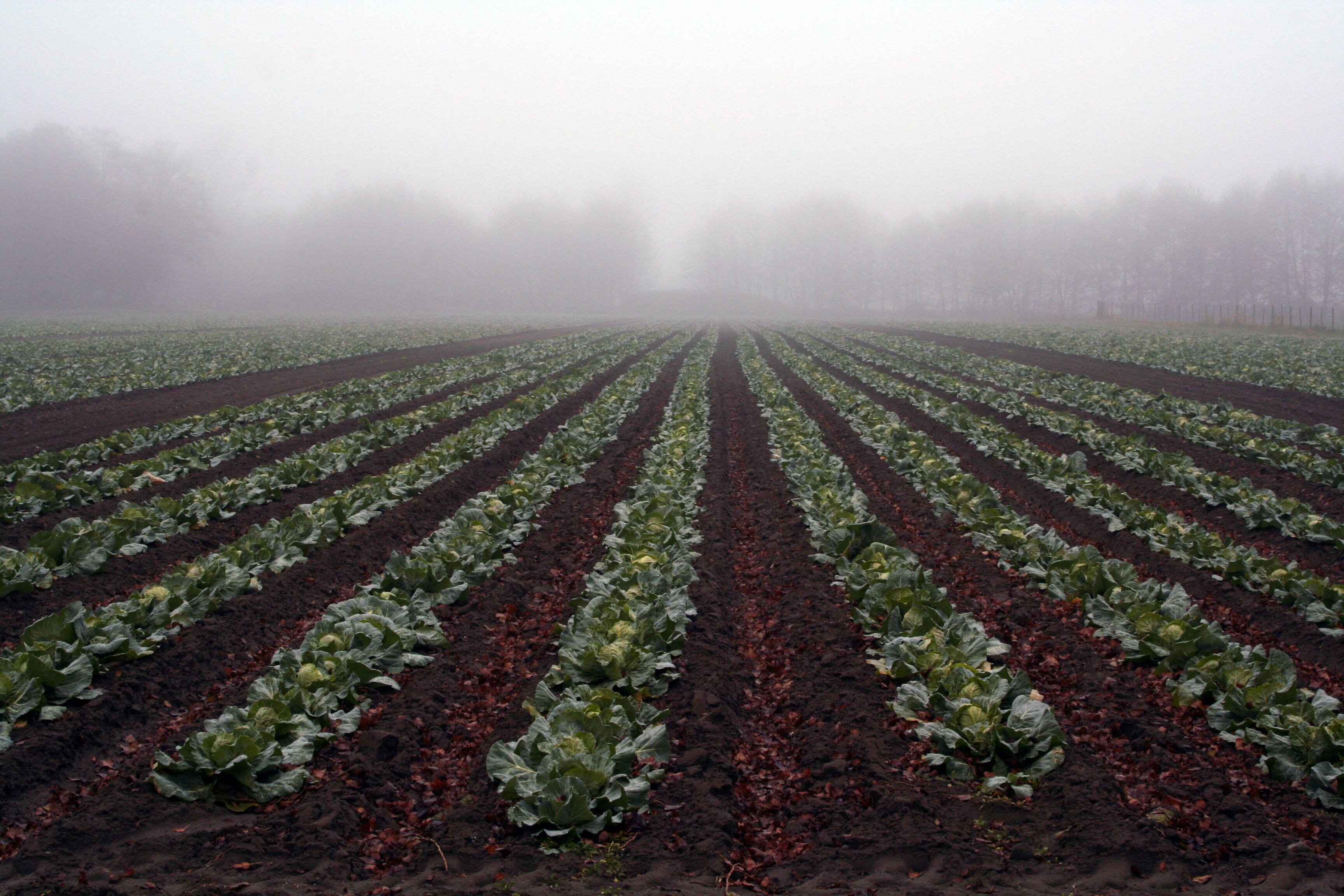MegaFood has partnered with the Environmental Working Group along with several additional food and nutrition brands, including Ben & Jerry's and Stonyfield, in petitioning the federal Environmental Protection Agency (EPA) to make the policy change. MegaFood is also hosting another petition onto which consumers may sign their names.
Crop desiccation provides certain advantages
Glyphosate, which was patented by Monsanto in the mid ‘70s under the brand name RoundUp, is one of a number of herbicides used to dry out crops before harvest. This hastens the ripening process and means less tonnage of plant material (because of the missing water) must be handled by harvest machinery. The practice is also said to ‘jump start’ the weed control that field for the following year.
But the herbicide has been under fire for a number of years. In 2015, the International Agency for Research on Cancer (IARC), a division of the World Health Organization, announced that it had found that glyphosate is probably carcinogenic to humans. And in mid August a California school groundskeeper was awarded $289 million in a lawsuit in which he claimed exposure to glyphosate had caused his non-Hodgkin’s lymphoma.
Investors, apparently fearful of future lawsuits, punished the stock of German pharmaceutical giant Bayer in the days after the ruling (Bayer completed its $63 billion acquisition of Monsanto in July of this year). While Bayer has appealed the jury ruling, the initial award sparked a sell off, sending Bayer’s stock plunging by more than 11%, costing the company more than $10 billion in book value in one day. The slide continued, with the company’s share price having dropped from almost $30 before the jury award to slightly more than $20 in mid September. It now trades at about $21.50.
Desiccant practice comes under fire
While the use of glyphosate as a desiccant is widespread, it is not without controversy. The EU came close to banning the herbicide and member states France and Germany may still do so. According to the Canadian agricultural news website The Producer, a major miller has refused to buy oats if they have been treated with glyphosate prior to harvest.
According to Bethany Davis, MegaFood’s senior vice president of social impact who is also the director of advocacy and government relations, the company saw that the cost of running the campaign was a worthwhile investment in supporting its overall message.
“We filed an actual legal petition with EPA in conjunction with the Environmental Working Group. We do have a number of other companies as co-petitioners, but this is paid for exclusively by us,” Davis told NutraIngredients-USA.
“There is a due process mechanism that exists within EPA. It is most often used by chemical companies to try to get allowable limits revised upwards. It is rarely used to go the other way,” she said.
Glyphosate-free certification
Last fall, MegaFood got a glyphosate-free certification for its entire line of products, all of which start with whole plant materials as the initial feedstocks. Davis said that MegaFood buys more than 750,000 lbs of whole foods and herbs each year to make its products.
Although the EPA does regulate pesticides, under the Food Quality Protection Act of 1996 the agency is required to make special considerations for protecting children's health from pesticides, as well as limit the overall negative impacts of pesticides on human health and the environment, all of which are at risk with the current state of glyphosate use. However, as the petition points out, the amount of glyphosate the EPA considers safe for humans to consume each day has been increased 300-fold over the past 25 years.
Oats as precedent
This petition requests that the EPA reduce the amount of glyphosate in oats and prohibit its use as a pre-harvest desiccant on the label of all glyphosate-containing products. This would lessen the exposure of children and other consumers to the herbicide in the wake of a report earlier this year that trace amounts of the herbicide have been found in breakfast cereals based on oats.
Oats don’t form a big part of MegaFood’s business and are a niche crop in general. But Davis said it’s an appropriate place to start in what her company believes is a wider mission.
“We are looking to set a precedent here,” Davis said. “We care about soil health.”
“Glyphosate is a mineral chelator and acts as a wide spectrum antibiotic. The health of the soil is completely dependent on the health of the soil microbiome,” she said.
Other chemical practices have shifted rapidly
Even with the huge investment in glyphosate and its hooks into the habits of mainstream farmers, there is precedent for rapid, large scale shifts in agricultural practices in response to commercial imperatives. In The Producer article linked above, author Robert Arnason noted that five years ago, almost half of the pigs raised in Canada were dosed with ractopamine, a feed additive that promotes lean meat. Today, in response to market pressures, almost no pork producers in Canada use the additive, he said.
"Consumers are becoming increasingly aware that glyphosate use on our farms can lead to significant threats to both their health and that of our environment. With these growing concerns about the incredibly harmful effects of exposure to glyphosate, the EPA has a duty to put an end to the pre-harvest use of glyphosate," said Robert U. Craven, MegaFood CEO.

